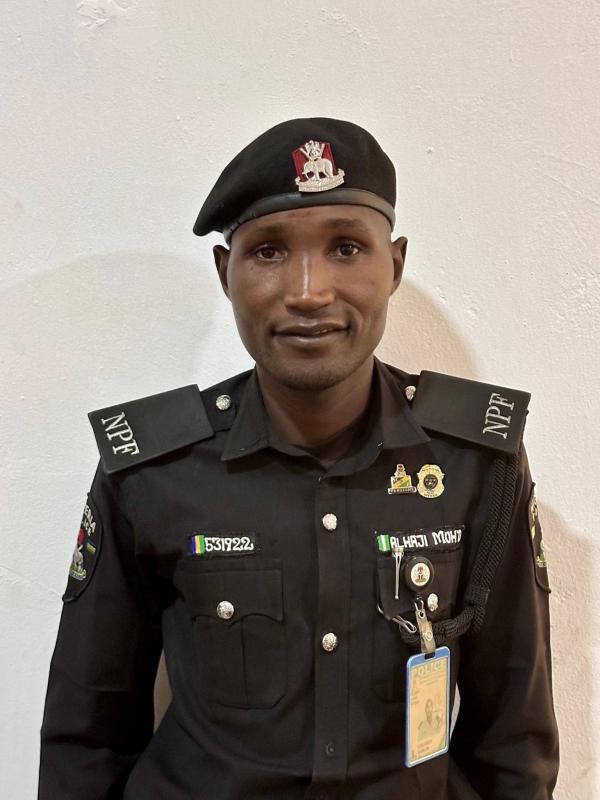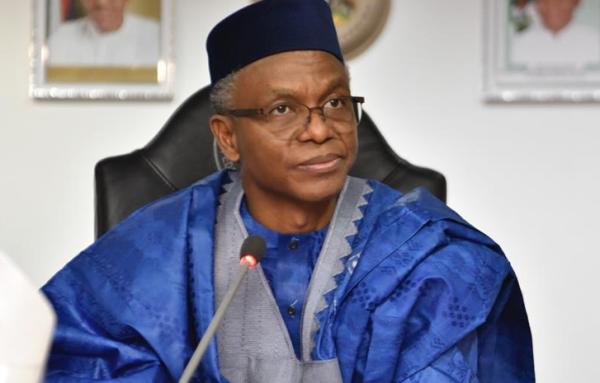
Ebola epidemic 'spiraling out of control', Obama warns President Barack Obama issued a global call to action to combat the Ebola crisis in West Africa on Tuesday, warning that the epidemic was "spiraling out of control" and could have "profound political, economic and security implications" for us all.
"Here's the hard truth. In West Africa, Ebola is now an epidemic of the likes that we have not seen before," Obama said.
"It's spiraling out of control. It is getting worse. It's spreading faster and exponentially," he said. "Today, thousands of people in West Africa are infected. That number could rapidly grow to tens of thousands."
Speaking as he announced that 3,000 US military personnel would be deployed to West Africa to help local health authorities deal with the crisis, Obama stressed that the outbreak poses a threat to global political and economic stability as well as to security.
"If the outbreak is not stopped now, we could be looking at hundreds of thousands of people infected with profound political and economic and security implications for all of us."
UN Secretary General Ban Ki-moon concurred that the outbreak has far-reaching implications. "This has gone beyond health issues," Ban said on Monday.
"It has gone to areas affecting social and economic situations. It may even affect political stability if not properly contained and treated."
The epidemic has killed more than 2,400 people in Guinea, Liberia, Nigeria and Sierra Leone so far this year and has also been reported in Senegal.
The outbreak is on track to infect 20,000 people by the end of the year.
'Almost $1 billion needed'
The United Nations said an effective response to the crisis would require $987.8 million (€763 million), with about half of that needed for the worst-hit nation of Liberia.
The US ambassador to the United Nations, Samantha Power, called Monday for an emergency meeting of the UN Security Council on Thursday, warning that the risk of the virus could “set the countries of West Africa back a generation”.
The US plans to set up a command and control center in Liberia's capital Monrovia as well as build new treatment centres and train health workers.
Officials have said it would take about two weeks to get the US forces on the ground.
The Department of Defense plans to ask Wednesday for "an additional $500 million in Fiscal Year 2014 Overseas Contingency Operations (OCO) funds to provide urgent humanitarian assistance to fight Ebola", an administration official said.
The OCO funds would be in addition to $175 million already dedicated to battling the outbreak and another $88 million requested earlier through a continuing resolution.
The disease is spread through direct contact with the bodily fluids of sick patients, making doctors and nurses especially vulnerable to contracting the virus, which has no vaccine or cure aside from some promising experimental treatments.
Ebola can fell its victims within days, causing severe fever and muscle pain, weakness, vomiting and diarrhea – in some cases shutting down organs and causing unstoppable bleeding.
'Lethally inadequate' response
The UN has said if the international community and affected countries respond swiftly and energetically, transmission should begin to slow by the end of the year and halt by mid-2015. But the level of response that would be required to halt its spread is unparalleled.
"The level of surge we need to do is unprecedented. It is massive," the United Nations' Ebola coordinator, David Nabarro, told reporters.
The world body has set a goal of stopping the spread of Ebola within six to nine months, but aid agencies are complaining that help has been too slow.
The EU, Britain, France and Cuba have pledged to send medical personnel and other aid to the region. China will send a mobile team to Sierra Leone, including epidemiologists, clinicians and nurses – bringing the number of Chinese medics in the country to 174, the World Health Organization said.
But this is far from enough, warned Joanne Liu, head of the Doctors Without Borders (Médécins sans frontières) charity.
Noting that the known Ebola toll "represents only a fraction of the real number", she stressed that "the ground response remains totally and lethally inadequate".
"The window of opportunity to contain this outbreak is closing," she said.
The United Nations Security Council is scheduled to adopt a resolution on Thursday exhorting countries to provide urgent aid to the crisis-stricken region.
UN humanitarian chief Valerie Amos told reporters in Geneva the Ebola crisis faced a "huge funding challenge". The capacity of Guinea, Sierra Leone and Liberia to provide even the most basic necessities is "on the brink of collapse", she warned.
The World Bank has approved a $105 million grant, part of a $200 million pledge made in early August aimed at helping people cope with the economic impact of the crisis and strengthening public health systems.
"The world needs to do much, much more to respond to the Ebola crisis in these three countries," World Bank President Jim Yong Kim said in a statement.
AFP



















